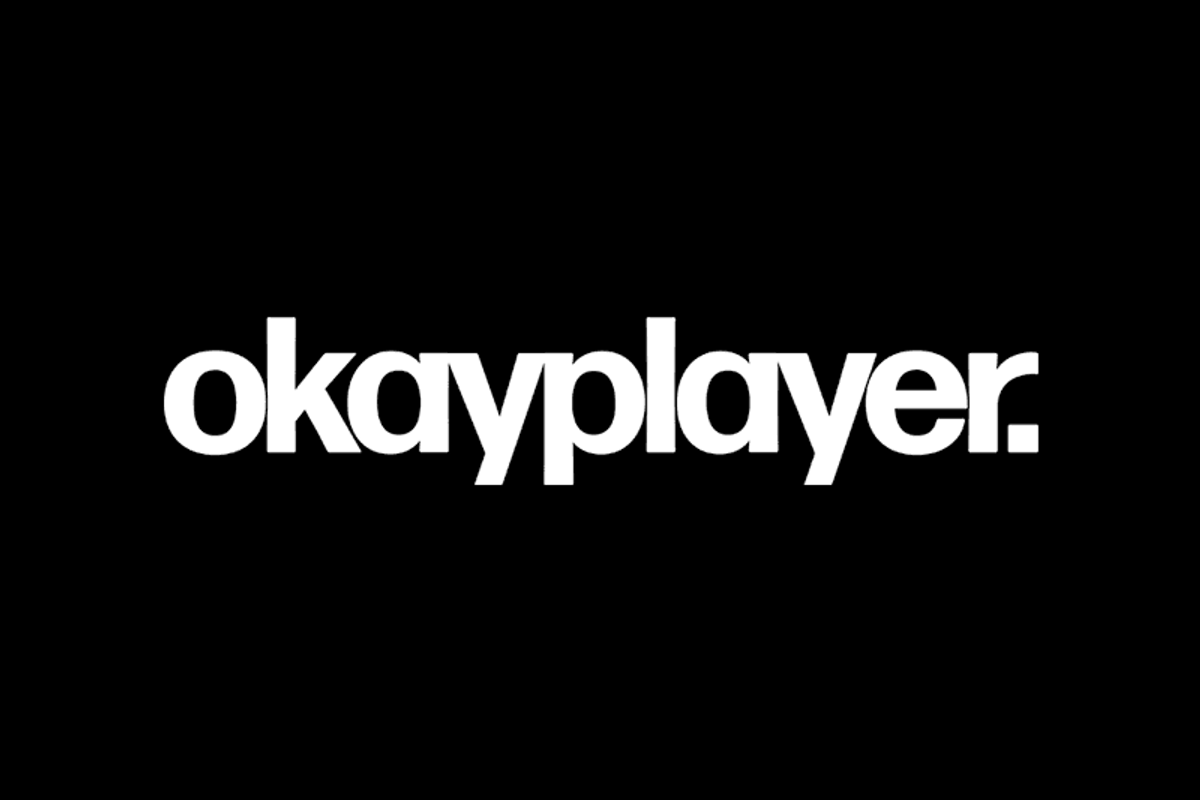
Ron Stallworth Responds To Boots Riley's 'BlacKkKlansman' Critique: "I Pray For My Demented And Dissolute Brother"
Source: Boots Riley (Kristina Bumphrey/StarPix), Ron Stallworth (Ron Stallworth)

 Source: Boots Riley (Kristina Bumphrey/StarPix), Ron Stallworth (Ron Stallworth)
Source: Boots Riley (Kristina Bumphrey/StarPix), Ron Stallworth (Ron Stallworth)
On Friday, Boots Riley, director of Sorry to Bother You, posted a three-page critique of Spike Lee's BlacKkKlansman. The critique continued on until Monday, with Riley's primary criticism being how the movie made Ron Stallworth — the film's protagonist as well as the man whose memoir the movie is based off — look more heroic. Riley also critiqued Stallworth's involvement in government infiltration of black civil rights groups, reminiscent of the FBI's COINTELPRO program.
READ: Boots Riley Has Some Sharp Critiques Of Spike Lee's 'BlacKkKlansman'
"For Spike to come out with a movie where a story points are fabricated in order to make Black cop and his counterparts look like allies in the fight against racism is really disappointing, to put it very mildly," Riley said in the critique.
Now, Stallworth has responded to the Sorry to Bother You director.
When asked to respond for a comment via email the former police officer replied: "I pray for my demented and dissolute brother."
The only one who hasn't offered a response is Lee. Recently, a report revealed that the director worked with the New York Police Department on an ad campaign to help improve relations with minority communities.
The NYPD paid Lee $200,000 to be a consultant for the campaign. The partnership was revealed in the Police Foundation’s most recent tax filing covering some of 2016 and 2017.
"The Foundation approached and consulted several creative teams including the Spike DDB agency to help develop a public awareness campaign that would aim to strengthen the partnership between the NYPD and the communities it serves," Brady Littlefield, a spokesman for the Foundation, said. "We received tremendous input and ideas, and that process ultimately resulted in last spring's neighborhood policing ad campaign."